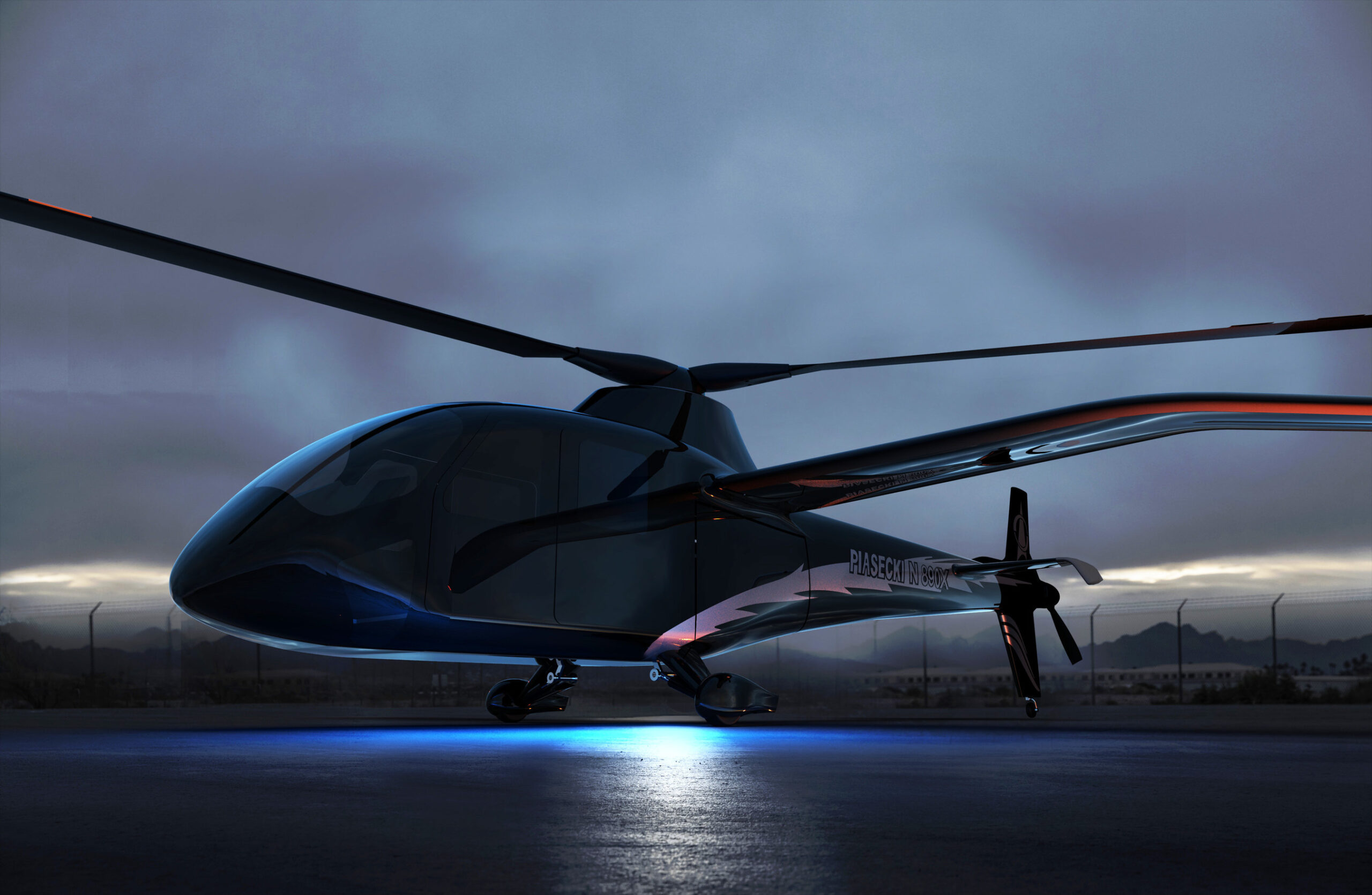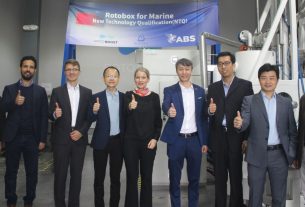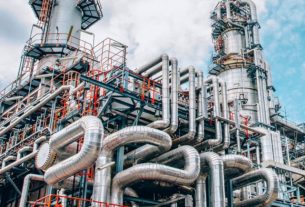United States – HyPoint has signed a multi-phase collaborative development agreement with Piasecki Aircraft Corporation (PiAC) for the development and certification of a hydrogen fuel cell system for electric vertical takeoff and landing (eVTOL) vehicle applications.
The $6.5 million deal will see the construction of five 650kW hydrogen fuel cell units for use in Piasecki’s eVTOL PA-890 Compound Helicopter, which will be the world’s first human hydrogen-powered helicopter.
The partnership’s goal is to provide the global eVTOL market with a customized, FAA-certified, zero-carbon-emission hydrogen fuel cell technology. The system will provide eVTOL manufacturers with four times the energy density of current lithium-ion batteries, twice the specific power of existing hydrogen fuel cell systems, and up to a 50% reduction in direct operating expenses when compared to turbine-powered rotorcraft. The technology developed as part of the agreement will be licensed exclusively to Piasecki. HyPoint will keep control of the hydrogen fuel cell technology that underpins its business. Piasecki and HyPoint plan to customize the new system for use in eVTOL vehicles and make it available to eVTOL manufacturers. Alternatively, eVTOL developers might team together with HyPoint and Piasecki to create a new technology tailored to their specific requirements.
HyPoint’s ground-breaking technique uses compressed air for both cooling and oxygen delivery, resulting in a hydrogen fuel cell system that outperforms current battery and hydrogen fuel cell alternatives. HyPoint’s fuel cell system has been demonstrated to produce up to 2,000 watts per kilogram of specific power, which is more than three times the power-to-weight ratio of standard (liquid-cooled) hydrogen fuel cell systems. It will also have an energy density of up to 1,500 watt-hours per kilogram, allowing for longer excursions.
eVTOL industry expansion
According to fresh market research, the global eVTOL industry would expand from an anticipated $74 million in 2025 to $860 million by 2030. In the first several months of 2021, Archer Aviation, Eve, Joby Aviation, Lilium, and Vertical Aerospace announced $5 billion in investments in the area. The Federal Aviation Administration (FAA) reported in January 2020 that it was in talks with more than 15 eVTOL aircraft manufacturers. EHang, Volocopter, Joby Aviation, and Lilium are just a few of the companies that have stated their intention to begin commercial passenger operations in the next three to five years. Major aircraft manufacturers such as Airbus and Boeing are among the other stakeholders. According to Allied Industry Research, the global hydrogen aircraft market is expected to expand from $27 billion in 2030 to $174 billion in 2040.
Piasecki is actively collaborating with the FAA on certification criteria, as well as the US Air Force’s AFWERX STTR/SBIR program, which is co-investing in the development of advanced hydrogen-powered aeronautical technologies.




